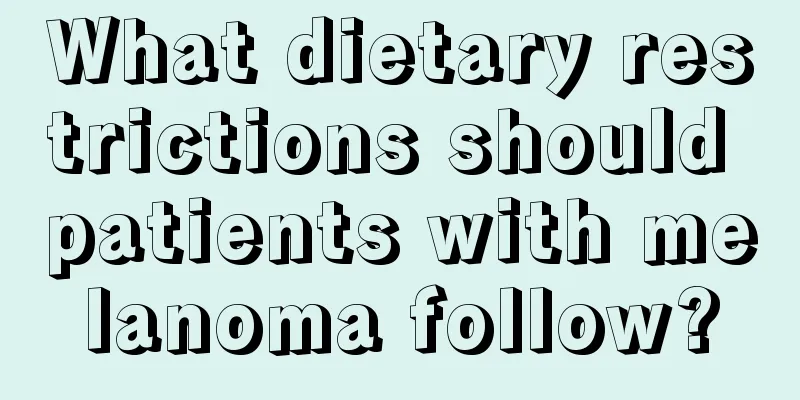What are the treatments for pericoronitis of wisdom teeth?

|
During the growth and development of young people, teeth continue to grow. There is a kind of wisdom tooth in our teeth, which is a superfluous tooth and should be removed as soon as possible. Wisdom teeth are prone to cause pericoronitis, which can cause varying degrees of difficulty in swallowing and oral discomfort. Severe cases can lead to oral infection and physical discomfort, so it should be treated early. Pericoronitis of wisdom teeth often occurs in young people aged 18 to 25 and is one of the common oral diseases. The main symptoms are swelling and pain in the soft tissue around the crown. If the inflammation affects the masticatory muscles, it can cause varying degrees of restricted mouth opening. If it affects the pharyngeal side, swallowing pain will occur, causing difficulties in chewing, eating and swallowing. Patients with severe illness may also have systemic symptoms such as general discomfort, headache, fever, and loss of appetite. The treatment of wisdom tooth pericoronitis is mainly to enhance the patient's body resistance, control infection, and promote the dissipation of inflammation. After the acute phase, surgical treatment of the diseased tooth should be considered to prevent recurrence. 1. Systemic treatment Depending on the condition, antibacterial drugs or Chinese herbal medicines for internal use that clear heat and detoxify are used for treatment. 2. Local treatment Local treatment of pericoronitis of wisdom teeth is important. The blind bag can be flushed with 1% to 3% hydrogen peroxide solution, normal saline or other sterile solution every day, and then 3% iodine glycerol can be injected. Also give gargle with compound borax solution or furacillin solution several times a day. In the early stages, local physical therapy and external application of Chinese herbal medicine can also be used to help absorb inflammation. Acupuncture therapy can relieve pain and improve mouth opening. If abscess cavity is formed, it can be incised and drained. 3. Treatment of affected teeth After the acute inflammation subsides, the diseased tooth should be further treated to prevent recurrence. If the teeth are in the correct position, can erupt normally, and have opposing teeth to perform chewing functions, a pericoronal gingival flap wedge resection can be performed; otherwise, the teeth should be extracted. There is currently no specific prevention method for how to prevent pericoronitis of wisdom teeth. The editor summarizes the following three points. If you do these three points well, you will basically avoid the risk of pericoronitis of wisdom teeth: 1. Get enough sleep to enhance the body's resistance to disease. 2. Brush your teeth and rinse your mouth frequently to maintain oral cleanliness and prevent inflammation. 3. Remove impacted wisdom teeth as soon as possible to prevent pericoronitis and caries of adjacent teeth. |
<<: Scabies treatment medication and typical symptoms
>>: Self-check for four common diseases
Recommend
What is the normal range of human heart rate
If the heart rate is abnormal, it may be caused b...
Can erosive gastric cancer be diagnosed early?
In our current life, more and more people are suf...
What to do if the stump recurs after cervical cancer surgery
Cervical cancer is a relatively common gynecologi...
What medicine is good for cerebral infarction
Cerebral infarction is usually caused by blockage...
Is water-soluble acrylic resin good?
We often use paint in our lives, and the quality ...
How to treat paronychia_What to do if you have paronychia
Paronychia is a type of inflammation in the body ...
What are the symptoms of hemangioma
Hemangioma is not common. The so-called hemangiom...
How to effectively treat diaphragm spasm?
When treating diaphragm spasm, of course, you sho...
What are the treatments for colorectal cancer and polyps
Colon polyps refer to growths that protrude from ...
How to deal with suppuration after mole removal
Moles are very common in normal times. Moles can ...
What are the early symptoms of skin cancer
Among cancer diseases, skin cancer is also very c...
How to make a mask that shrinks pores
In fact, we can make some facial masks by ourselv...
How to treat chin fat particles
Many people want to have a beautiful face, but so...
What are some detoxifying foods?
Everyone knows that in order to maintain normal p...
Which methods are effective in treating lung cancer? There are 3 methods to treat lung cancer
Lung cancer is a malignant tumor that grows in th...









